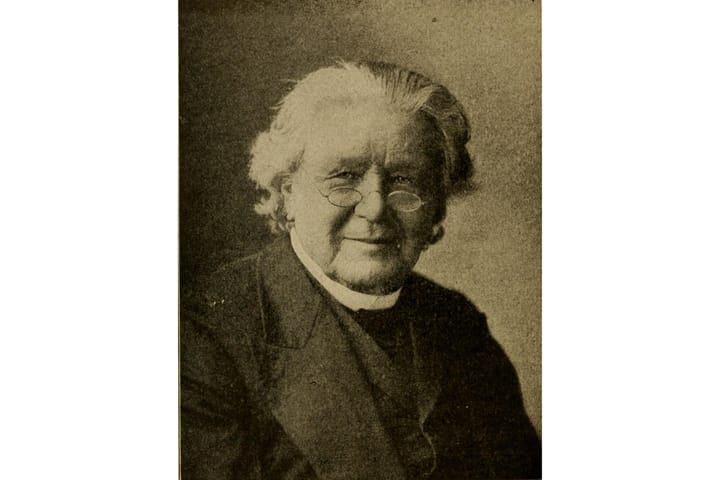Reflections: Money and American politics
Campaigns spent record amounts of money in the 2024 election, but money has been a staple of American politics for centuries.

Money has long played a major role in American political life.
At key points in our political past, moneyed interests have played a dominant part in making decisions about how the nation should proceed. That background is particularly important today as we watch how those interests are playing a larger and larger role in our national life.
That was definitely the case during the so-called Gilded Age in the last decades of the 19th century. That era has recently been glorified by Julian Fellowes in the popular TV series “The Gilded Age,” as he shows the Robber Barons fighting for control of the nation’s wealth and financial stability.
While it’s true that industrialists like Andrew Carnegie and John D. Rockefeller had a major impact on the economic health of the nation, many of the Robber Barons were in the game solely for their own benefit. As Cornelius Vanderbilt was reputed to have said: “Law! What do I care about the law? Hain’t I got the power?” And as William H. Vanderbilt once remarked: “The public be damned! I am working for my stockholders.”
They were certainly supportive of the McKinley Tariff of 1890, which increased duties from 38% to 49.5% and had at least some impact on the economic depression that began in 1893.
The country revived, and after weathering the reforms of the Progressive era at the start of the 20th century and then the impact of the Great War, it settled into the prosperity of the 1920s.
Wealthy businessmen — and they were all men — dominated both economic and national life. The country was booming, and all economic indices rose dramatically. The stock market was out of control.
But then came the stock market crash of 1929, and the economic chaos that followed.
During Herbert Hoover’s presidency, Andrew Mellon, a member of the extraordinarily wealthy Mellon family, served as Secretary of the Treasury. As the crisis unfolded, and millions of Americans were thrown out of work, Mellon’s response was: “Liquidate labor, liquidate stocks, liquidate the farmers, liquidate real estate.” It was brutal advice, and President Hoover never followed through on that recommendation, but it reflected the views of those rich industrialists in power.
Franklin D. Roosevelt followed Herbert Hoover as President, and presided over an administration less dominated by the hugely wealthy.
But when World War II broke out, FDR found that he really needed businessmen to preside over the conversion of the United States from a peacetime economic power to a fighting economic machine that could defeat Hitler, Mussolini and Hirohito. To that end, he accepted the need for the called “dollar a year” men — wealthy industrialists who came to Washington to staff the war agencies that made the U.S. into the “arsenal of democracy,” and drew only a dollar in salary from the government, while remaining on their companies’ payrolls.
That system worked, and the Allies won the war. And after it was over, business interests continued to dominate. Dwight D. Eisenhower, elected President in 1952, presided over a Cabinet made up of, people joked, eight millionaires and a plumber, and the plumber was former head of a plumber’s union.
Today, with billionaire Elon Musk about to assume a position of power, and a host of other extraordinarily wealthy people also about to join the administration, it behooves us to ask whose interests are best being served.
Allan Winkler is a University Distinguished Professor of History Emeritus at Miami University, where he taught for three decades. He serves on the Board of Directors for the Oxford Free Press.




